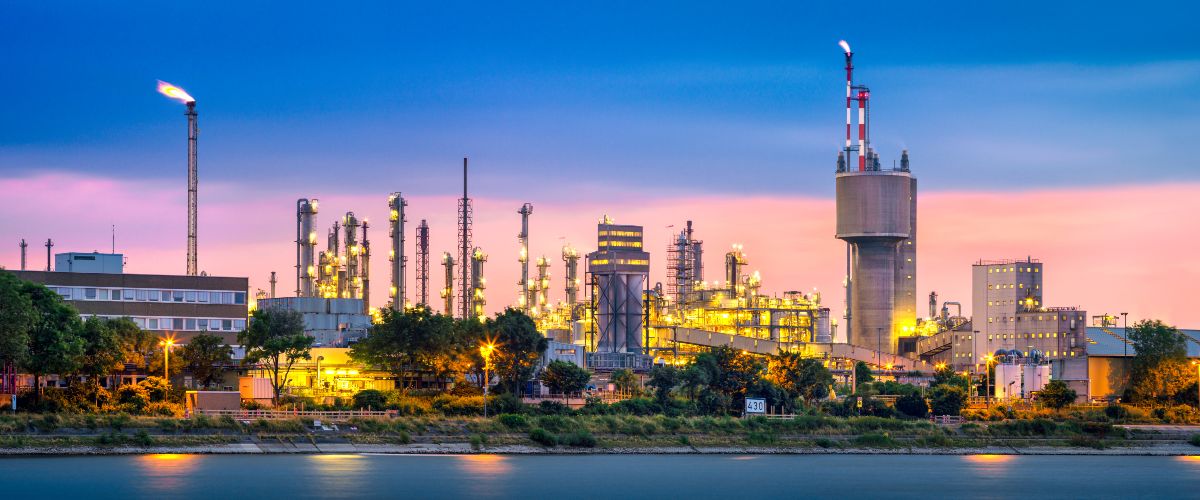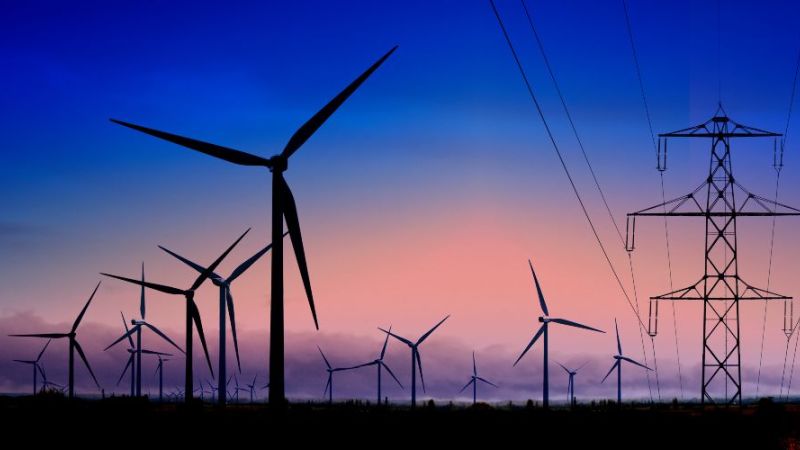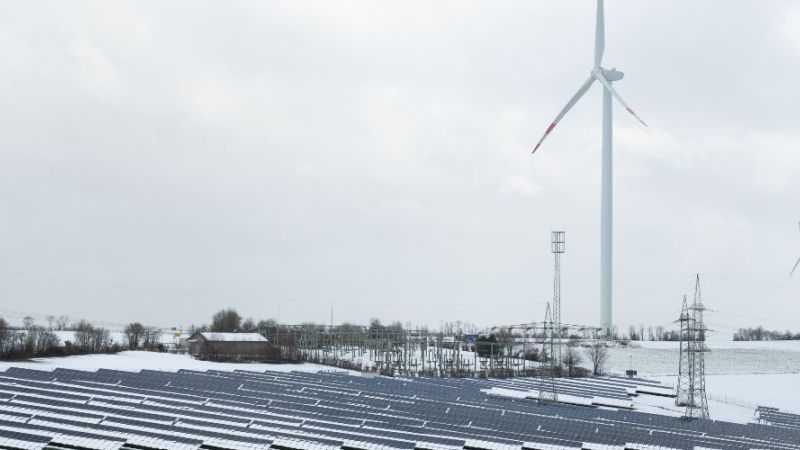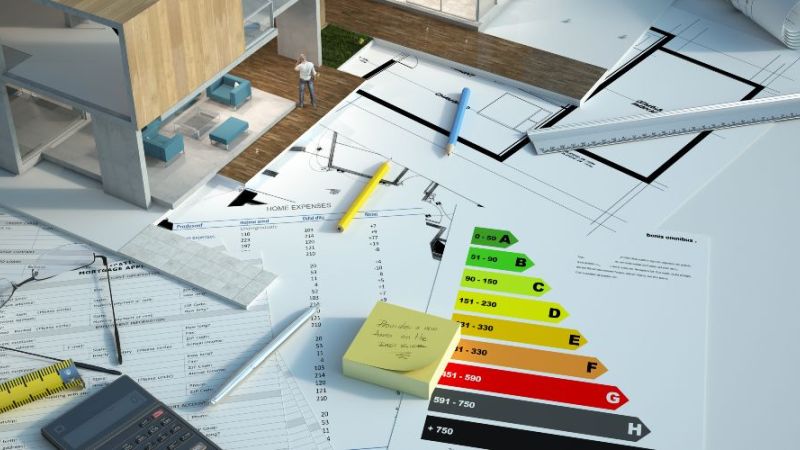Resource Efficiency And The Circular Economy
Great need for research on resource efficiency and the circular economy
The concepts of the circular economy lead to the highest possible form of energy efficiency in the demand sectors, as the energy content of products at the end of their life cycle is correlated and optimised with the energy required to extract new raw materials. The strategic approach of the circular economy aims to optimise the use of the value of products, materials and resources within the economy, to preserve them (materially) for as long as possible (up to zero waste) and to generate as few GHG emissions or harmful environmental impact as possible.
Eligible research content on resource efficiency and the circular economy
Concrete research approaches exist in the concepts of circular economy. These include extending product life, reduce, reuse, repair, refurbish, remanufacture, repurpose, recover, upgradeability, cascading use and recycling. Their effectiveness is determined in each case with a circular product design. The analysis also includes the collection and treatment of material streams as secondary raw materials and the disposal of remaining waste streams as well as the overall economic impact on the environment and greenhouse gas emissions. The circular economy can also reduce dependencies on critical raw materials.






